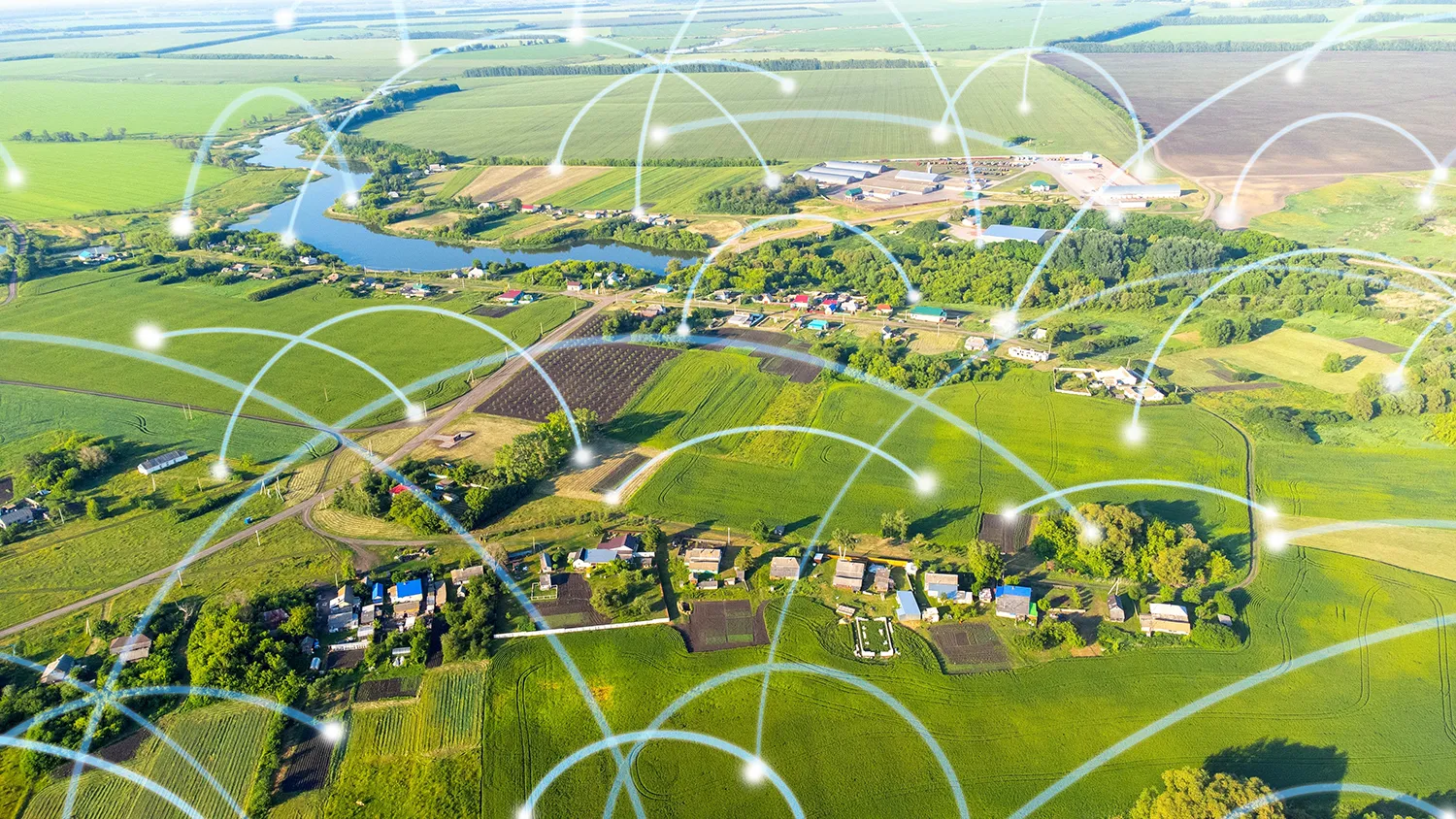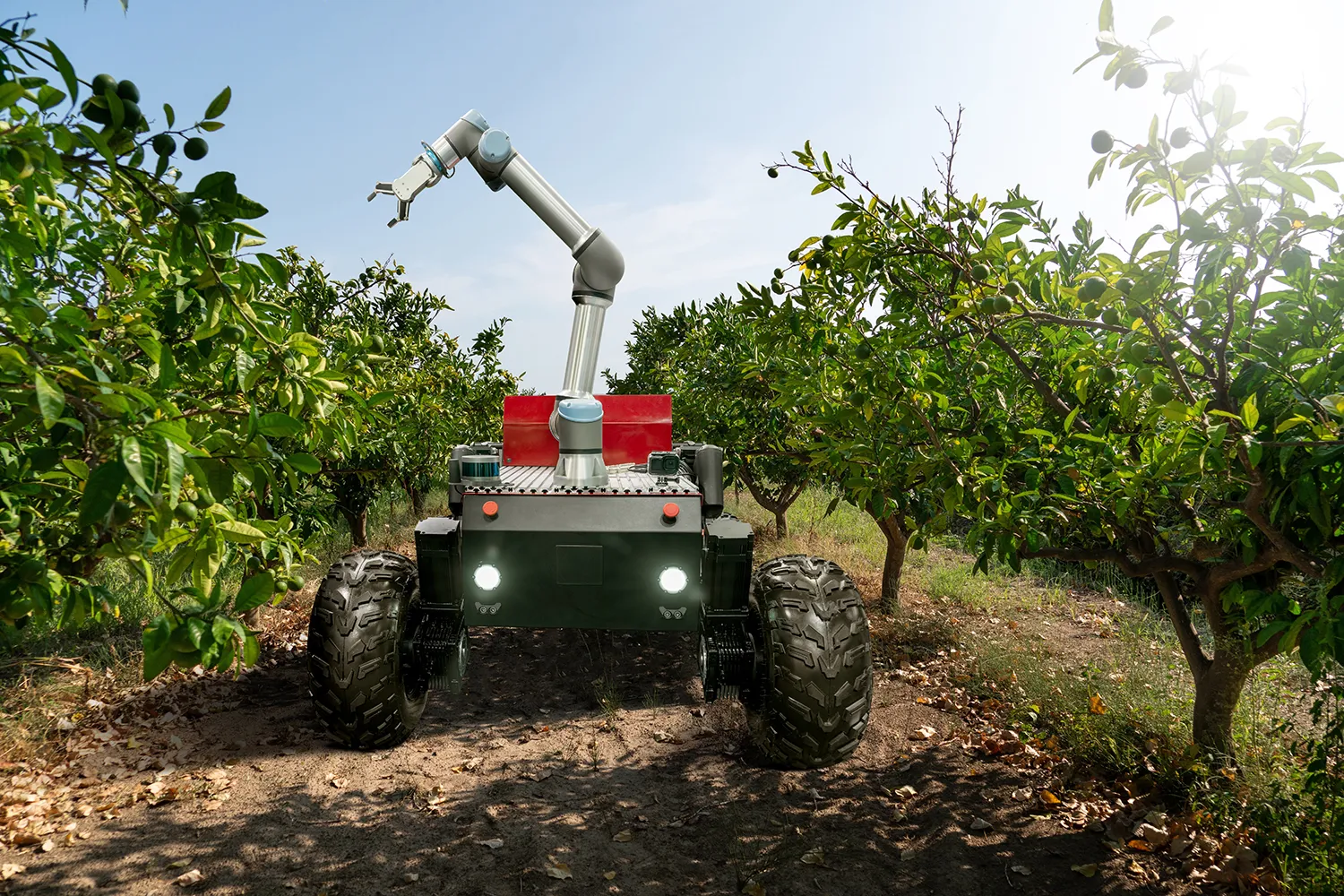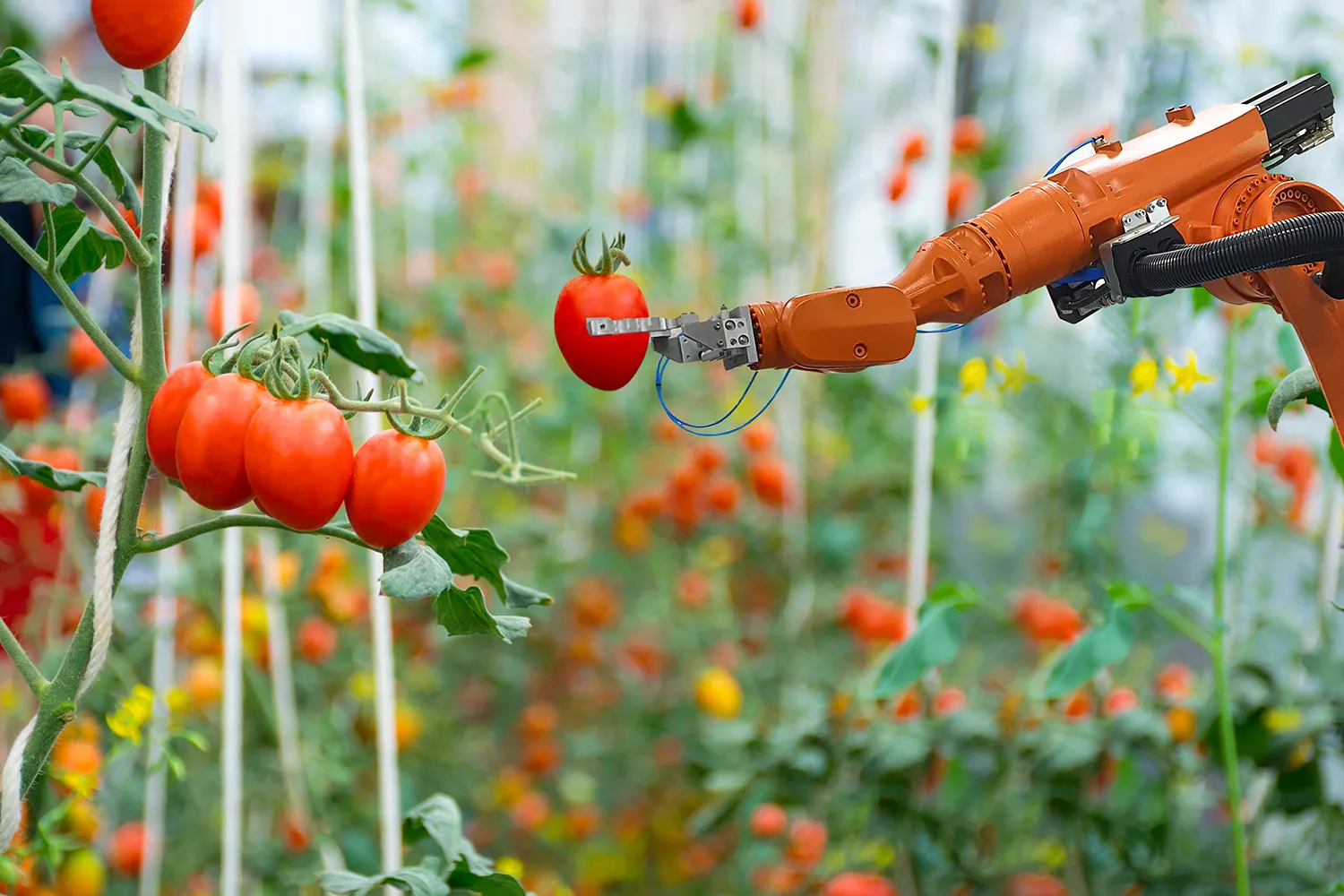Precision Farming: How Russian AI Is Boosting Yields in Krasnodar

Over the past decade, farms in the Krasnodar region have doubled production by deploying smart agriculture systems powered by artificial intelligence. These innovations are not only meeting domestic demand but also enhancing Russia’s export potential.
Explosive Growth in Orchards and Cold Storage
Agricultural production in Krasnodar has been surging. Since early 2025, the region has planted 384 hectares of new orchards—13% more than the previous year. Total orchard and berry acreage now covers about 30,000 hectares, up nearly 2,000 hectares over the past decade.
Yields have doubled in the same timeframe. In 2024, the region harvested a record 538,900 tons of fruit and berries.
Krasnodar has also prioritized seed and seedling self-sufficiency. The region now fully supplies itself with Russian-made seeds for key crops and is actively developing domestic sugar beet varieties. Facilities like the Pervomayskaya Breeding Station and the Urupskaya Experimental Station have enhanced the quality of Russian seeds.
Infrastructure is expanding too. The region’s fruit storage capacity now exceeds 405,000 tons—up from 135,000 tons ten years ago. Smart warehouses control gas levels to optimize storage conditions.

Under Digital Surveillance
Krasnodar’s rapid progress is driven by a digital transformation program launched in 2021. The program focuses on building a digital land registry, developing automated crop yield forecasting tools, creating a livestock data bank, and monitoring land use.
The region is home to Russia’s first digital management platform for agriculture: the Unified Remote Satellite Monitoring Center. The system inventories agricultural assets, tracks land use, enforces crop rotation, and protects soil fertility through AI-based analytics.
AI-Powered Automation on the Farm
Around 250 farms across Krasnodar now apply digital technologies to crop farming across 1.2 million hectares.
Andrey Neduzhko, CEO of Steppe Agroholding—which manages 756 hectares of high-intensity orchards—notes, “We use fertigation and spraying, drip irrigation, pest and disease control, and process automation.”
The company’s software collects data on every orchard plot: fertilizer effectiveness, tree growth patterns, irrigation needs, and more.
Progress Agro Group is also digitizing its operations through the Precision Farming project. The system supports: - Variable-rate fertilizer application; - Precision seed placement using smart machinery; - Autopilot features for seeding and harvesting.
The project’s centerpiece is the AI-powered 'Field History' system, which enables real-time oversight of all crop production processes.

Exporting Technology, Not Just Food
Krasnodar’s success shows the power of integrated agtech: IoT sensors, satellite data, digital land registries, and yield forecasts are driving growth and profitability.
Advanced ERP systems integrate production and financial operations, streamlining farm management and expanding global food exports.
But Russia’s export potential extends beyond commodities. Its breeding technologies, AI tools, and digital platforms are becoming highly relevant in the Global South and Latin America due to their low cost, high efficiency, and local adaptability.
Establishing international agrotechnology hubs could support tech transfer, licensing, and the creation of joint ventures—helping partner nations build their own resilient agri-tech ecosystems.










































